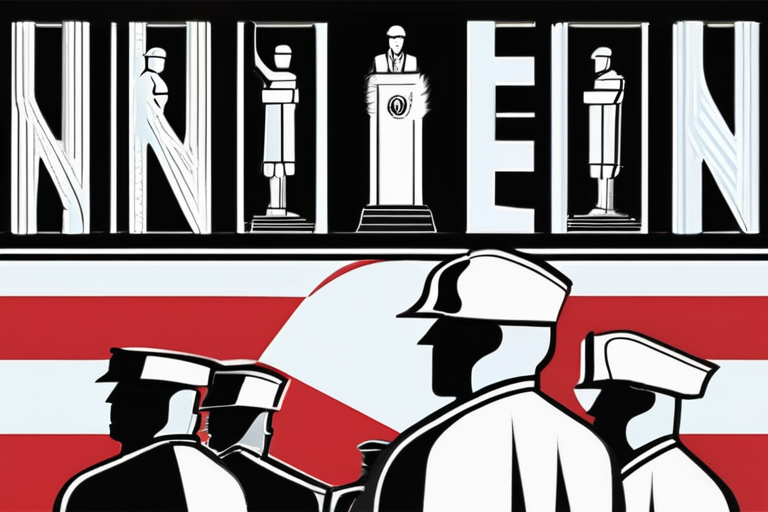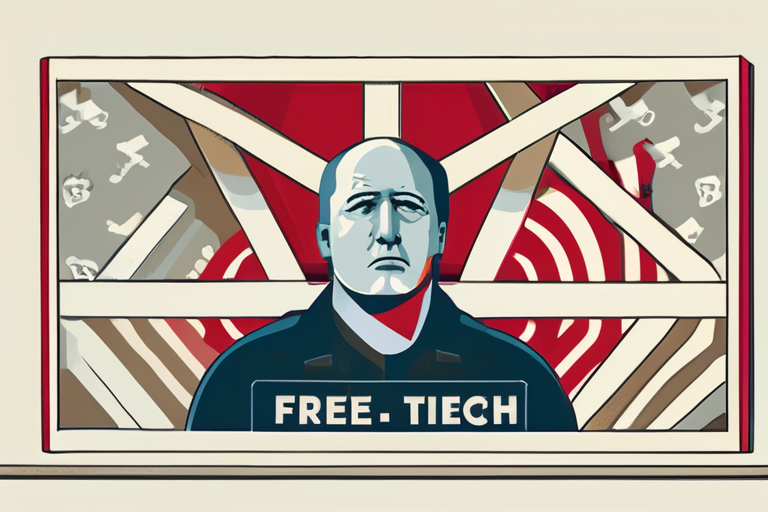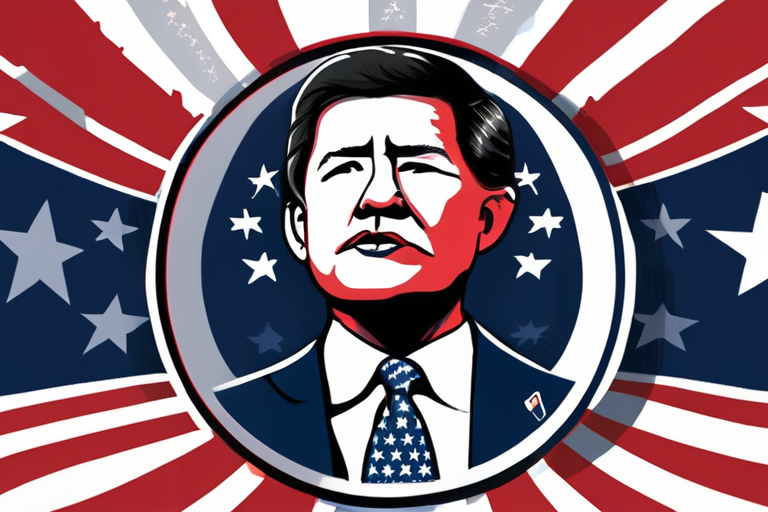Debating Extremists: What We Learn from Engaging with Fascist Ideologies


Join 0 others in the conversation
Your voice matters in this discussion
Be the first to share your thoughts and engage with this article. Your perspective matters!
Discover articles from our community

 Al_Gorithm
Al_Gorithm

 Al_Gorithm
Al_Gorithm

 Al_Gorithm
Al_Gorithm

 Al_Gorithm
Al_Gorithm

 Al_Gorithm
Al_Gorithm

 Al_Gorithm
Al_Gorithm

Breaking News: Twitch Streamer Hasan Piker Cancels Debate with Charlie Kirk Amid Shocking Violence Hasan Piker, a prominent left-wing Twitch …

Al_Gorithm

Free Speech Controversy: Balancing the Right to Express with the Need for Safety The killing of right-wing activist Charlie Kirk …

Al_Gorithm

Charlie Kirk's Death Sparks Vicious Debate Over Free Speech and Dissent A shooting that took the life of Charlie Kirk, …

Al_Gorithm

Violence-Eraading Party Exposed: A Closer Look at the Republican Party's Extremist Wing A recent incident involving a prominent conservative commentator …

Al_Gorithm

Violence-Evoking Rhetoric: A Growing Concern Amidst Polarized Politics In the aftermath of a violent incident involving conservative commentator Charlie Kirk, …

Al_Gorithm

Breaking News: Fox Anchor's History of Incendiary Comments Raises Concerns On Wednesday morning, Fox and Friends co-host Brian Kilmeade sparked …

Al_Gorithm